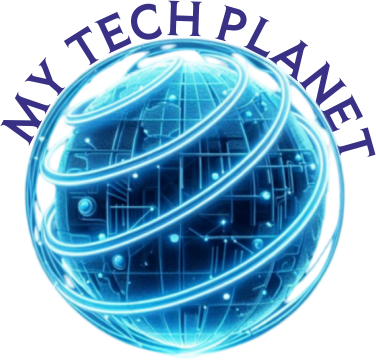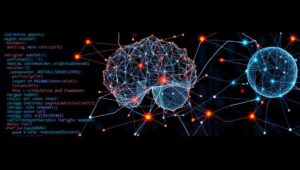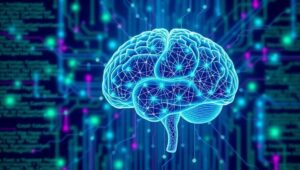June 3, 2025
The Rise of Specialized vs. Generalist Developers (2026)
The Rise of Specialized vs. Generalist Developers (2026) The software development landscape is constantly evolving. In 2026, we’re seeing a significant shift in the demand for specialized versus generalist developers. This post will explore the factors driving this trend and what it means for developers entering or already in the field. Defining the Terms Generalist Developer: A developer with a broad understanding of various technologies and tools. They can work on different parts of a project, often switching between front-end, back-end, and database tasks. Think of them as a ‘jack of all trades.’ Specialized Developer: A developer with deep expertise













